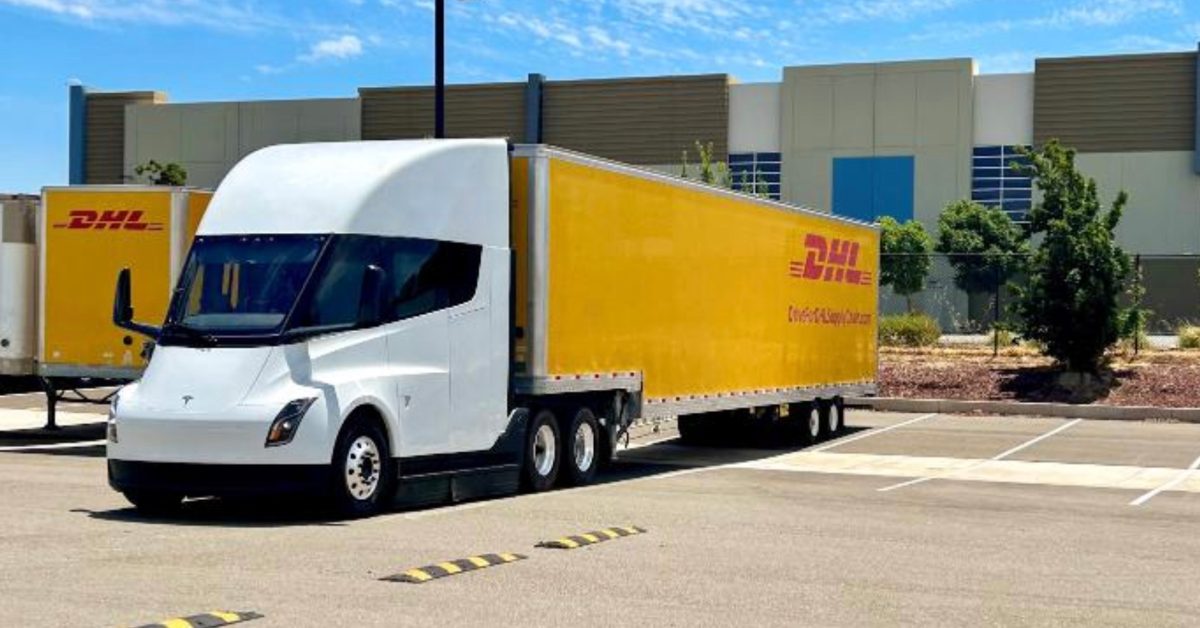DHL says that it was able to confirm that the Tesla Semi is capable of 500 miles on a single charge with a full load.
But more importantly, DHL confirmed that it achieved an efficiency of 1.72 kWh/mile on average during its two-week trial:
During the trial, the trial vehicle averaged 1.72 kWh/mile operating at speeds exceeding 50 mph (80 km/h) on average for over half its time on the road. The result exceeded our expectations and even Tesla’s own rating. That’s exactly what Tesla has been predicting, and in fact, Tesla says that it now does a little better with 1.6 kWh per mile.
kWh per mile means that this is the amount of energy it needs to travel a mile. Considering that 1.7 kWh of electricity can cost as low as $0.15, it opens up the opportunity to greatly reduced the cost of operation of semi trucks.



I agree with this statement, but not all trucks are weightbound. Many hit their volume limits long before weight limits. Additional with TCO its possible the cost per mile of operating an electric semi might still be worth hauling less tonnage per truck requiring additional shipments.
And not all trucks are long distance haulers, so they could possibly do a full circle of their daily runs in the single range limit, regardless of the load. It’s definitely an investment that assumes a payoff in the long future of lower fuel costs and less maintenance. And only actual use by companies for years will tell the real story.